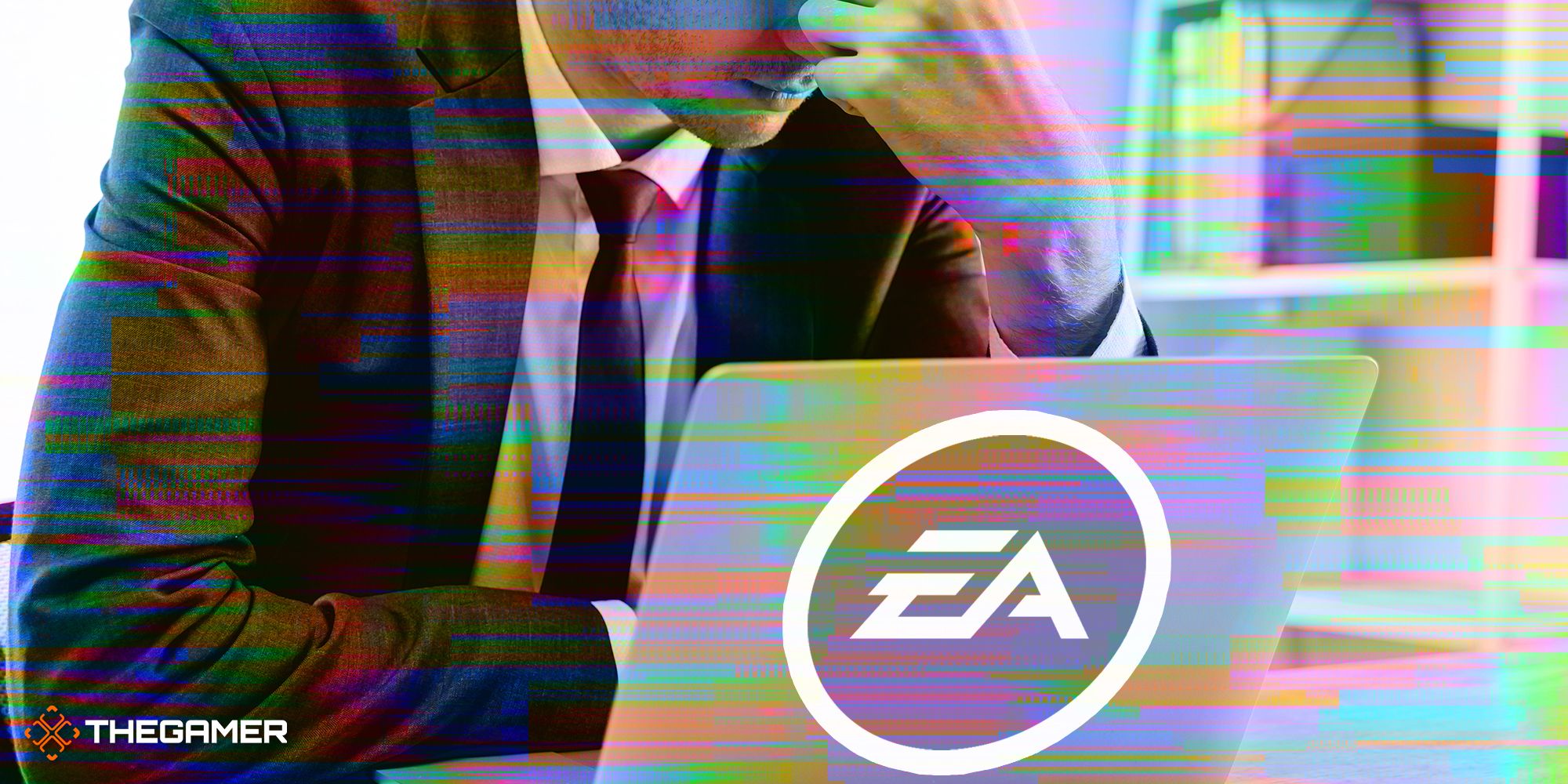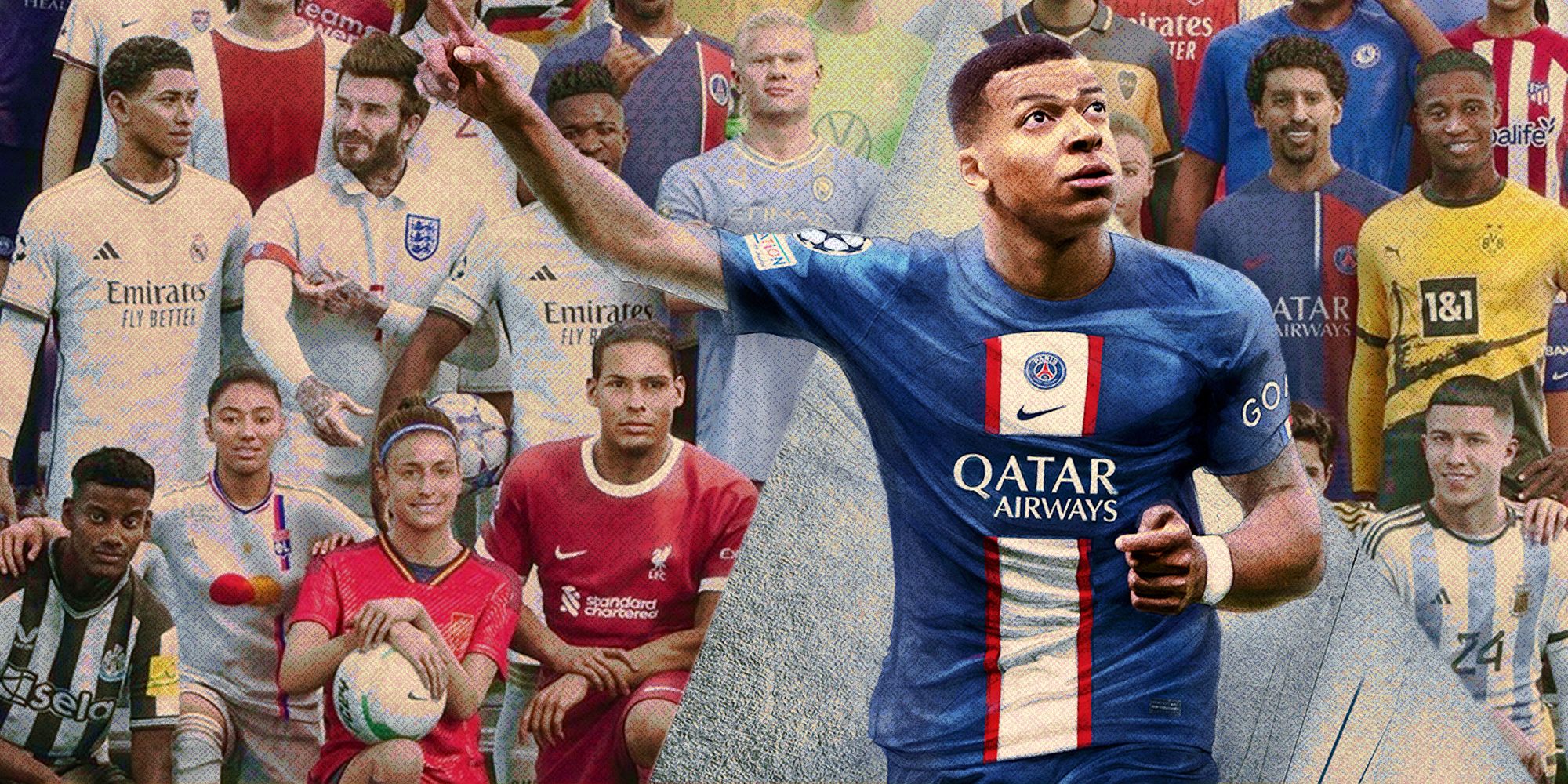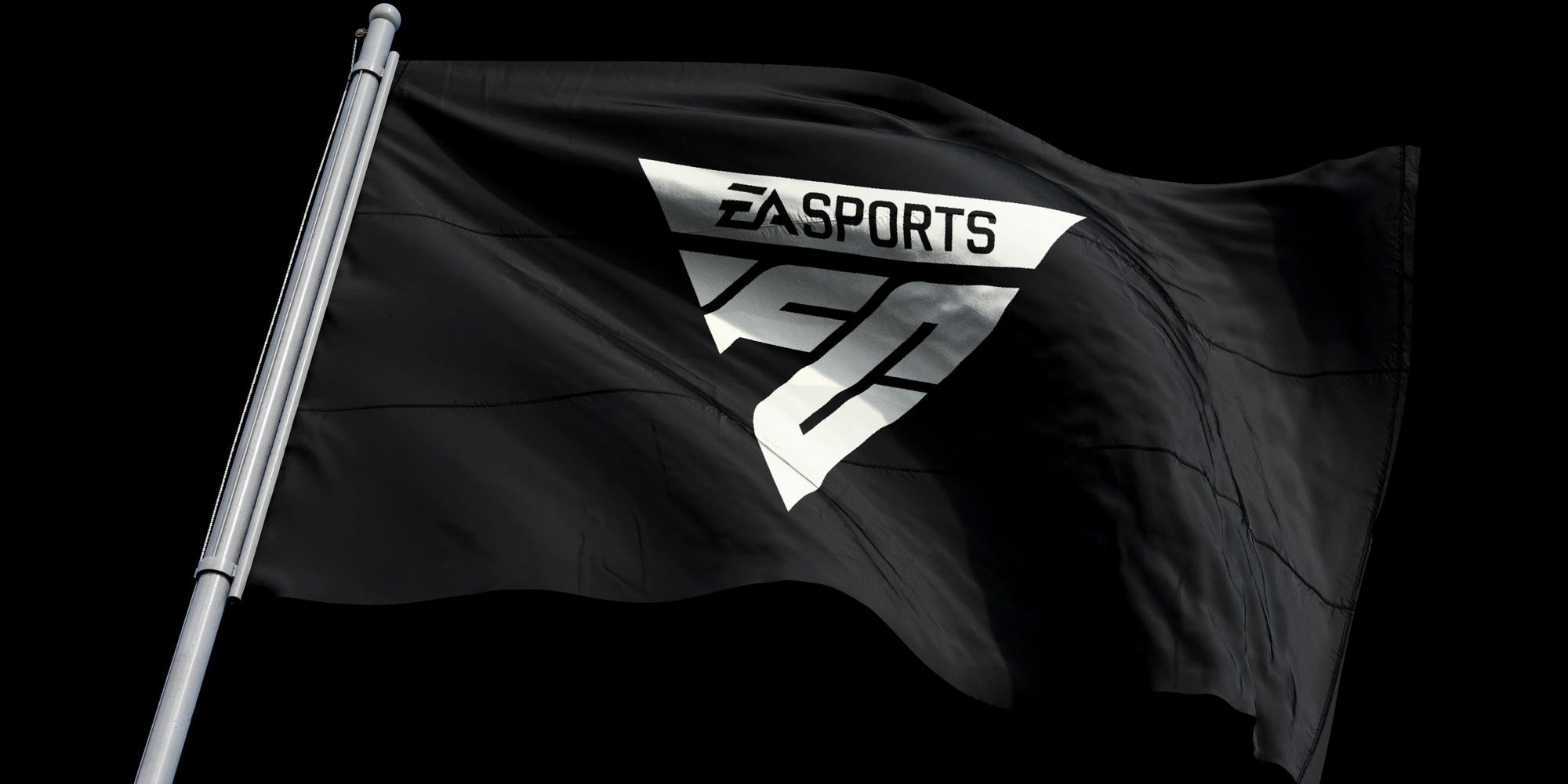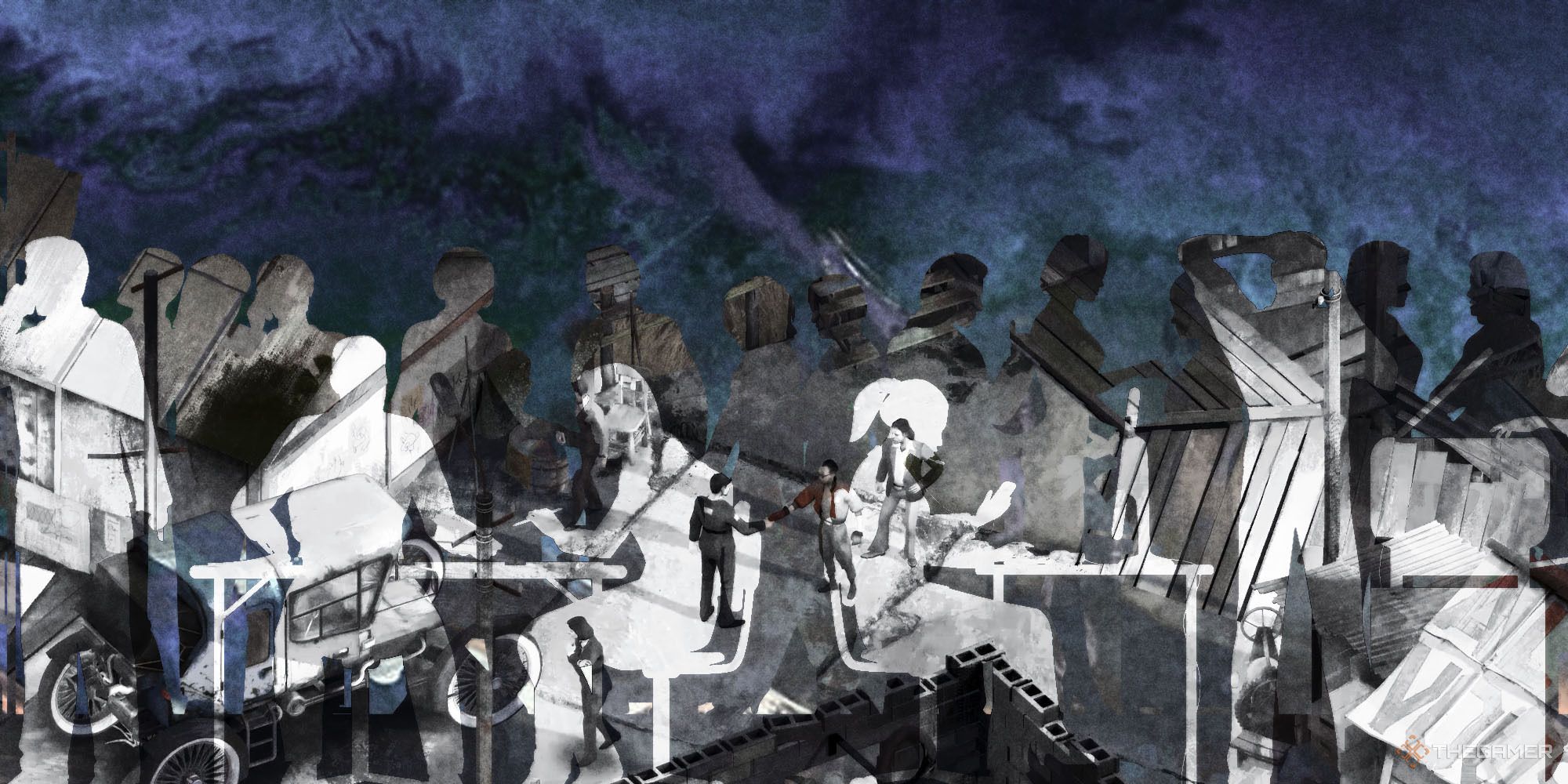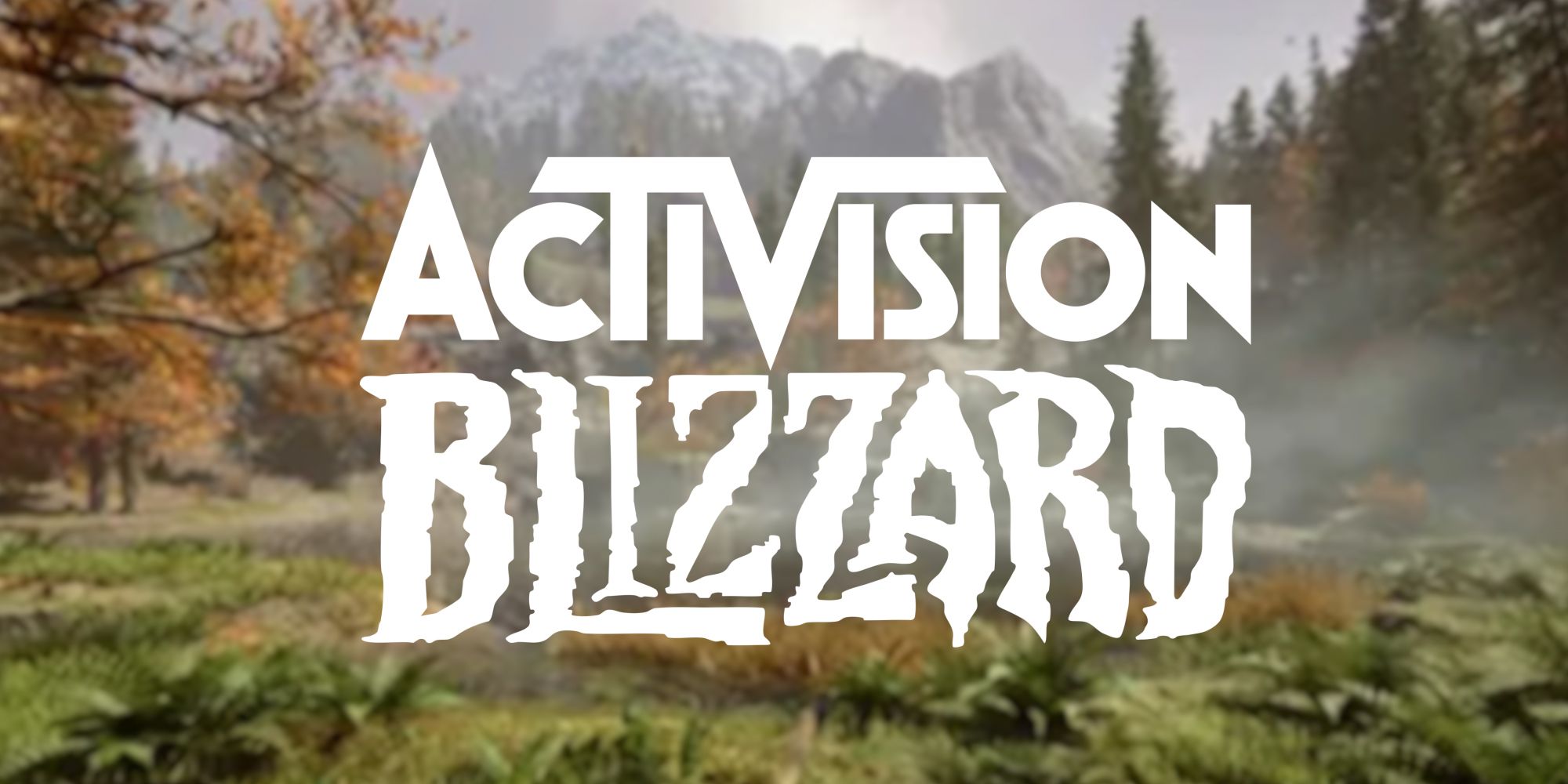Game development has changed drastically over the past two decades. Development times and budgets have both skyrocketed, with series that formerly promised annual entries now spending more than five years on their sequels. Cyberpunk 2077 is arguably the most famous example of ballooning scope, being announced eight years prior to its release and a decade before its most playable versions hit current-gen consoles.
The life of a game dev has not changed so much. The infamous ‘EA spouse’ refers to the author of a blog post written in 2004, who describes themself in the opening to their article: “My significant other works for Electronic Arts, and I'm what you might call a disgruntled spouse.”
It’s the next paragraph, however, which is more damning, and perfectly summarises their whole blog: “EA's bright and shiny new corporate trademark is ‘Challenge Everything.’ Where this applies is not exactly clear. Churning out one licensed football game after another doesn't sound like challenging much of anything to me; it sounds like a money farm. To any EA executive that happens to read this, I have a good challenge for you: how about safe and sane labor practices for the people on whose backs you walk for your millions?”
Let’s break that down to how it applies to modern development. EA churning out annual football games? Check. Unsafe and insane labour practices for the developers while executives rake in millions? Not necessarily the case at EA specifically, but crunch is still widespread in the industry today. Developers are burning out and leaving the industry before their primes, and we as players lose out because of that.
The anonymous EA spouse continues to explain how their partner accepted a job at EA when their previous studio collapsed, apparently due to publisher interference. However, no sooner than they arrived, EA started implementing heavy crunch to meet strict deadlines. Within weeks, he was subjected to something referred to as “mild crunch” or “pre-crunch”, which resulted in working eight hour days, six days a week. This apparently went on for months, in order to prevent any serious crunch right at the end of development.
The serious crunch happened anyway. Soon this poor dev was working twelve hour shifts six days a week. This is when teammates dropped out with illness, and the effects of weeks of relentless work caught up with them. At the time the EA Spouse wrote the blog post, their partner was working 85 hours a week. “The current mandatory hours are 9am to 10pm – seven days a week – with the occasional Saturday evening off for good behavior (at 6:30pm).”
This has a profound effect on game devs, which the EA Spouse again summarises perfectly. “The stress is taking its toll,” they write. “After a certain number of hours spent working the eyes start to lose focus; after a certain number of weeks with only one day off fatigue starts to accrue and accumulate exponentially. There is a reason why there are two days in a weekend – bad things happen to one's physical, emotional, and mental health if these days are cut short. The team is rapidly beginning to introduce as many flaws as they are removing.”
The saddest part of all, however, is when you see the impacts on devs’ personal lives. “The love of my life comes home late at night complaining of a headache that will not go away and a chronically upset stomach, and my happy supportive smile is running out.”
This is the impact that crunch has on devs. They’re real people with real lives, and this is still happening in the industry. This EA employee got no overtime, no comp time, and no additional sick or vacation leave for working double their contracted hours for months. Even in 2004, EA was turning over billions of dollars, and could afford to hire more employees or pay its current employees overtime, but that would hurt the pockets of the executives.
Crunch is still rife in the industry to this day. Activision Blizzard, Ubisoft Paris, and ZA/UM Studio have all faced similar accusations in the past year alone. And the EA Spouse, even way back in 2004, saw the problems arising and being enforced by studio consolidation. “2004 saw the collapse of dozens of small game studios, no longer able to acquire contracts in the face of rapid and massive consolidation of game publishing companies. This is an epidemic hardly unfamiliar to anyone working in the industry.”
They saw consolidation as an anti-worker practice. EA’s unofficial line back then was that if devs didn’t like the crunch, they could go work somewhere else. If everything else was owned by Vivendi, Sony, and Microsoft, then those practices would be rife there, too. There was no escape. Ironically, the independent studios the EA Spouse mentions as potential outliers from consolidation and studios where devs might experience better working practices are Blizzard, Bioware, and Id. All have been accused of mass crunch in the 19 years since, and Blizzard – probably the worst offender – is about to become a part of the biggest gaming conglomerate on the planet.
Nothing’s changed in this industry. Devs still crunch to line executives’ pockets. They burn out, they develop chronic illnesses as a result of their passion for video games. That passion is weaponised, monetised, and they don’t see a fraction of the profits, but shoulder all of the cost. So I’ll leave you with the same question that the EA Spouse did 19 years ago, directed at EA CEO Larry Probst. I now direct it to the entire industry, to every CEO, executive, and boss, at studios big or small.
“When you make your profit calculations and your cost analyses, you know that a great measure of that cost is being paid in raw human dignity, right?”

